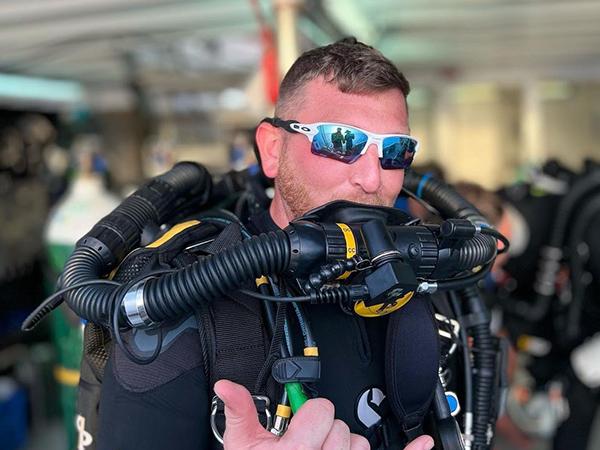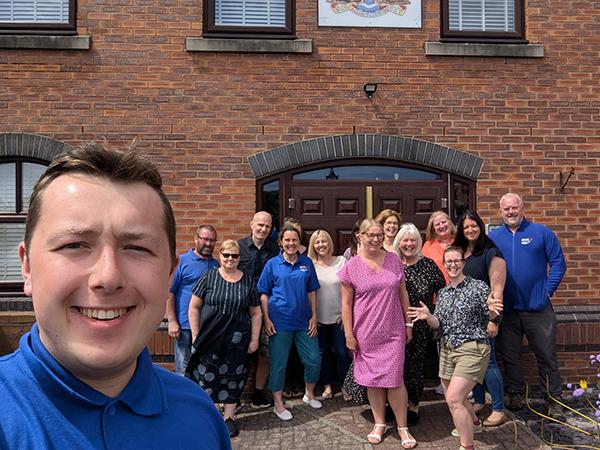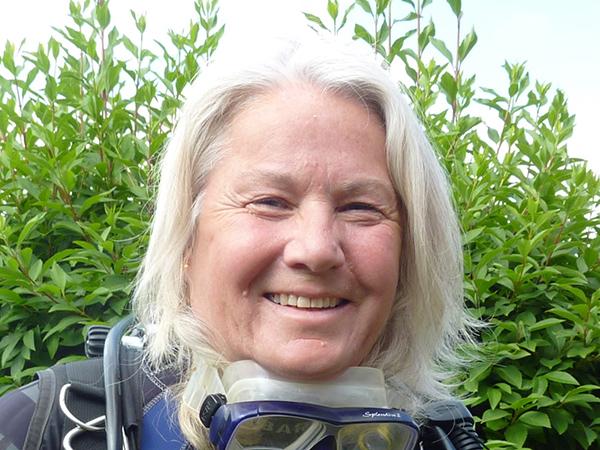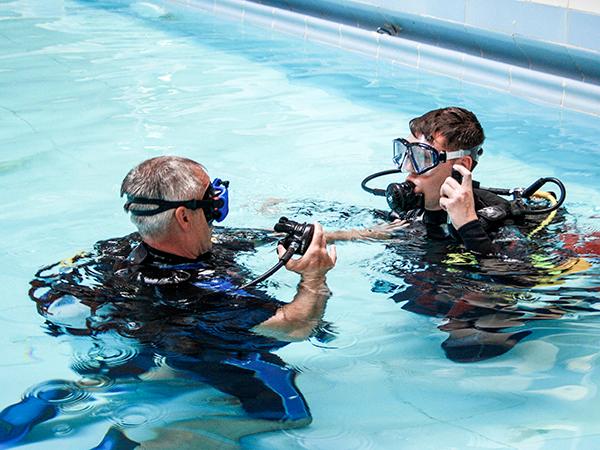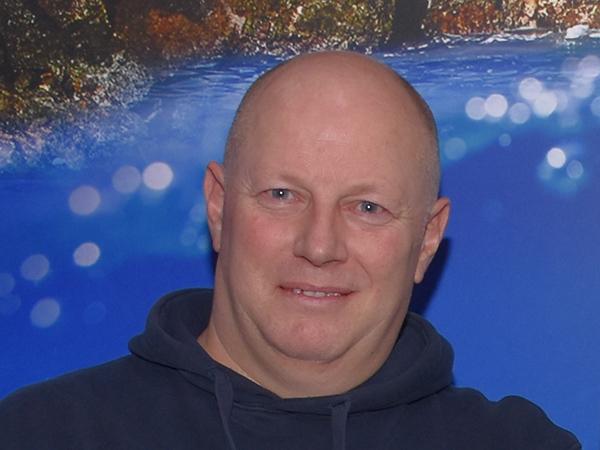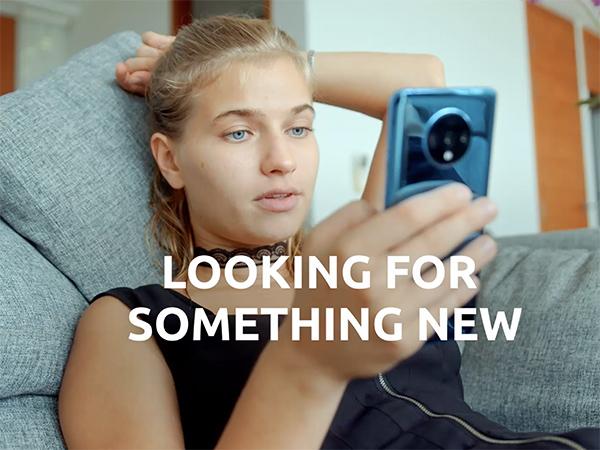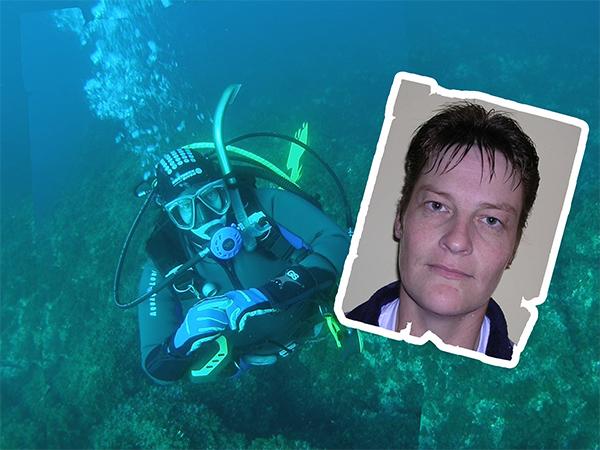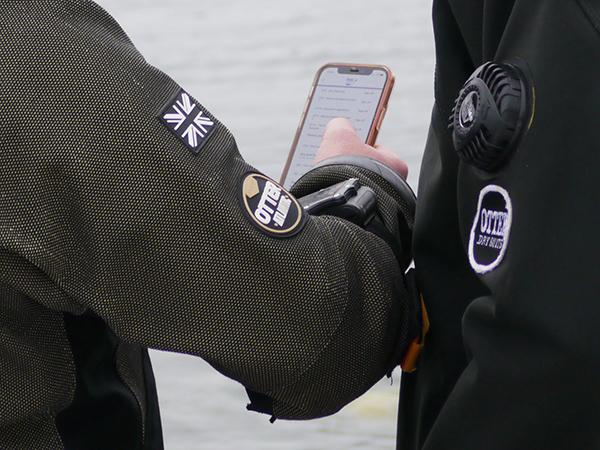Creating an inclusive club may require changing the club’s culture – a task that calls for strong leadership, appropriate policies and procedures and a commitment to change.
Being welcoming and inclusive is a strong feature of many healthy and successful clubs, but sometimes this can be challenging.
Being open-minded and non-judgemental is the key behind inclusivity within clubs, but the largest barrier is lack of understanding. Taking the time to educate yourself, even if it's just reading through this section on the website, and being open-minded and non-judgemental when it comes to members of the LGBTQ+ community is an important first step.
Challenging prejudicial language and stereotypes
Homophobic, biphobic and transphobic language include jokes, 'banter' or abuse that is negative or disrespectful towards LGBTQ+ people. It can also be language that reinforces negative stereotypes. Anyone perceived to be ‘different’ can become a target of this language even if they aren’t themselves LGBTQ+.
Tackling prejudicial language creates a better environment for everyone. Even if people say language is ‘banter’ or not meant offensively, words and phrases that use sexual orientation or gender identity as a joke need to be challenged consistently.
Zero-tolerance for targeted homophobia, biphobia and transphobia
Use of language to purposefully target an LGBTQ+ member should be treated with a zero-tolerance policy on verbal abuse, in the same way that racist, sexist, ableist and xenophobic comments would be treated.
In the first instance, a member should report the use of prejudicial language to a Branch Officer or Welfare Officer. Always respond to any reported incidents - even if it seems small, it is important to treat it seriously. If necessary, this can be escalated to HQ.

